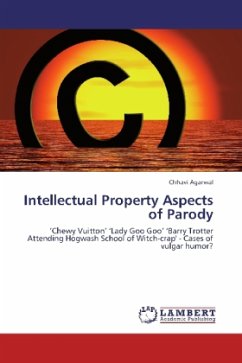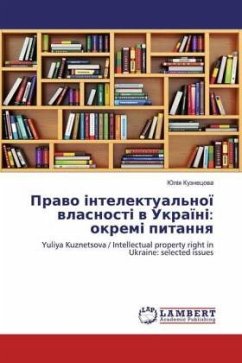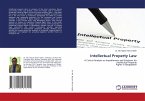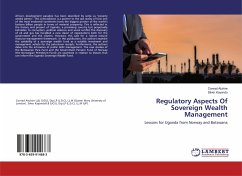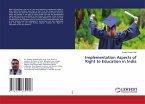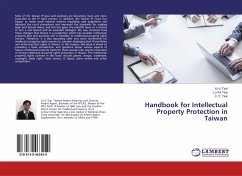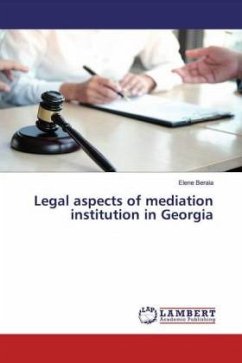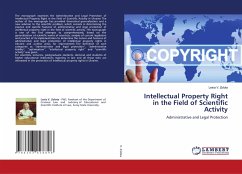To poke fun at our icons, public figures etc have always been considered a method of development. A parody makes use of another work as it aims to evoke the original in the mind of the viewers. This inherently creates a conflict between the creator of the work that is being parodied and the creator of the parody. It is highly unlikely that a copyright or trademark owner will grant permission to a parodist to use their protected work. Since copyright law prohibits the substantial use of a copyrighted work without permission of the copyright owner, the parodists have to rely on the fair-use defense to forestall any liability. In Trademark, there exists no such exception of fair use. Different jurisdictions have evolved standards for analysis. The author deals with the issue of such trademark and copyright infringement by parodies in different jurisdictions. The author also deals with affect of parodies on moral/economic rights along with reference to freedom of expression. The author also lays down the standards that should be followed when parodies of trademark is to be analysed. Finally, the authors concludes by specifying how right to parody should be considered a public right.
Bitte wählen Sie Ihr Anliegen aus.
Rechnungen
Retourenschein anfordern
Bestellstatus
Storno

